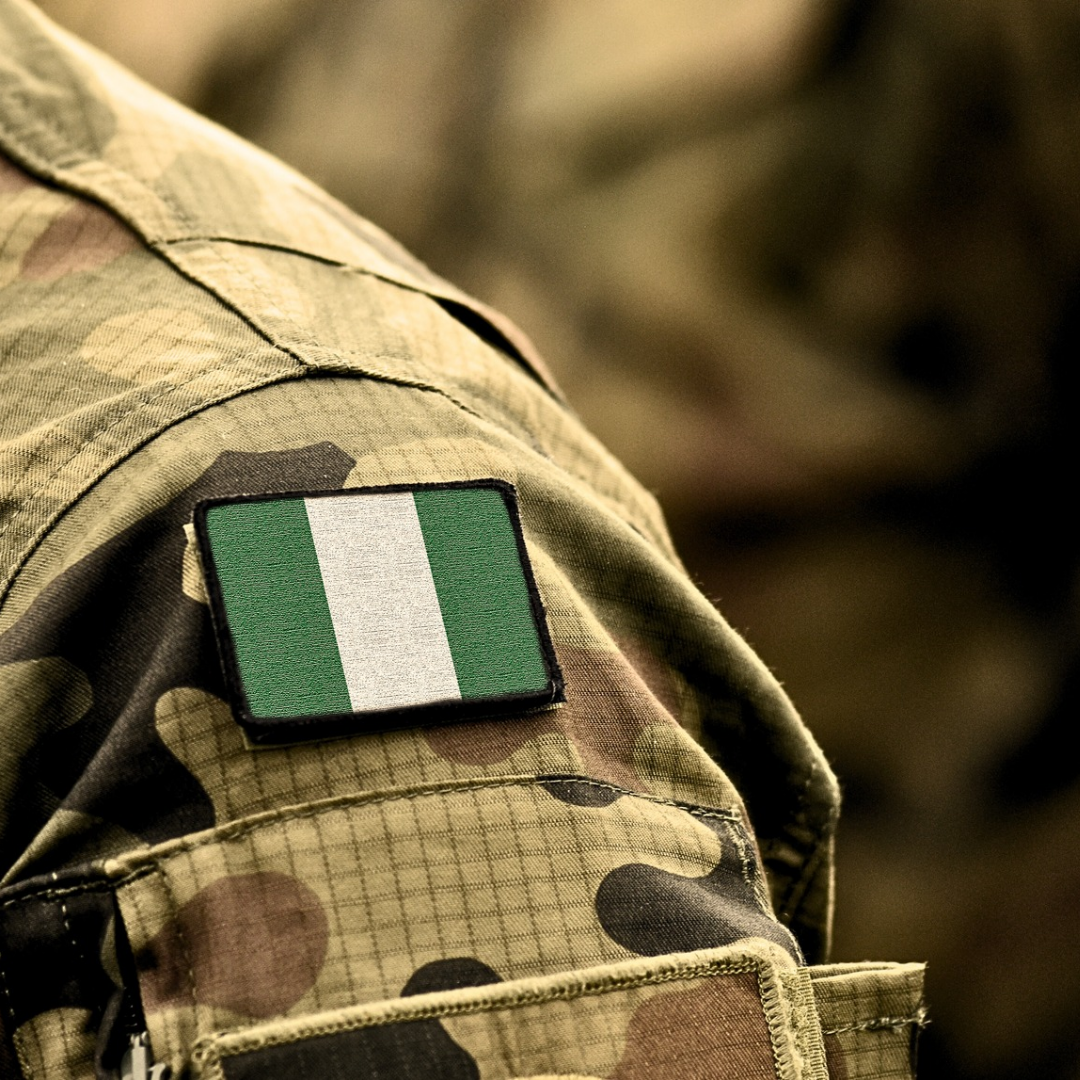
Indiscipline act of Nigerian Military Personnel, a Call for Immediate Action
In recent times, a disturbing trend has emerged within the Nigerian military, an institution once revered for its discipline and commitment to national security.
Reports have surfaced of military personnel engaging in extortion and acts of intimidation against transporters and civilians alike at numerous checkpoints.
This alarming shift not only undermines the integrity of the military but also instils fear in the hearts of citizens who rely on safe passage through these roads.
Traveling to Kogi State through the internal route of Ondo State has become a perilous endeavour for many. I was on a journey from Ile-Ife to Kogi State in March 2024.
I observed transporters facing about twenty checkpoints, within Ondo through Okene; with military personnel demanding bribes ranging from fifty to five hundred Naira at each stop – some even more.
In my imaginative calculation, considering how much our driver had paid, it amounts to an estimated ten thousand Naira in extorted fees during a single journey. I felt for the driver because I boarded the bus at the rate of six thousand naira at the express way from Ile-Ife to Okene, bypassing the 20,000 Naira cost of transportation from the park.
Such practices have led many to question whether they would be better off facing criminal elements on the road rather than the very institution meant to protect them.The military's justification for these actions often hinges on the need for security in areas plagued by kidnapping, armed robbery, and drug trafficking.
However, the methods employed—especially the threat of violence against those who refuse to comply to extortion—are not only unjustifiable but also illegal.
The Nigerian Constitution and military rules of engagement clearly outline the rights of civilians and the responsibilities of military personnel, emphasizing that no one is above the law.
It is crucial for military personnel to adhere to civil principles of engagement. The use of force should always be a last resort, and interactions with civilians must be grounded in respect and legality.
The current climate of fear and intimidation is detrimental to public trust and safety. When citizens feel threatened by those sworn to protect them, it creates a cycle of animosity that can lead to further instability.
Under Section 34(1, 2 and 3) of the Nigerian Constitution, every individual has the right to dignity and freedom from inhumane treatment. The military's actions at the Ondo-Okene checkpoints not only violate this constitutional provision but also contravene the code of conduct of the Nigerian Armed Forces which mandates respect for human rights and lawful engagement with civilians.
Those who engage in unlawful acts should be held accountable, ensuring that justice prevails. One underlying factor contributing to this troubling behaviour may be inadequate welfare for military personnel stationed at checkpoints.
Providing proper support—financial, psychological, and logistical—can significantly impact their morale and conduct. When soldiers feel valued and supported, they are less likely to resort to corruption or intimidation.
Building trust between the military and civilians is paramount; when citizens believe in the integrity of their protectors, cooperation and communication improve, leading to enhanced security for all.
Recommendations for Reform:
Military personnel caught engaging in extortion or other illegal activities must face immediate disciplinary action. Establishing a zero-tolerance policy will send a clear message that such behaviour will not be tolerated.
Implementing a toll-free hotline for civilians to report misconduct by military personnel can empower citizens while creating a transparent channel for accountability. Anonymity should be assured to protect whistleblowers.
The government must prioritize welfare packages for military personnel on duty at checkpoints. This includes fair compensation, adequate supplies, mental health support, and training in civil engagement practices.
Regular training sessions should be conducted to reinforce the importance of human rights and lawful conduct among military personnel. Understanding their role as protectors rather than oppressors is vital.
Establishing community outreach programs can help bridge the gap between the military and civilians. These initiatives can foster dialogue, build trust, and create a sense of partnership in ensuring safety.
Conclusion: The Nigerian military has a critical role in maintaining national security, but this responsibility must be exercised with integrity and respect for human rights. As citizens grapple with fear and uncertainty on their roads, it is imperative that reforms are implemented to restore trust in this vital institution.
By holding personnel accountable, providing adequate welfare, and ensuring adherence to legal frameworks, we can begin to rebuild the relationship between the military and the communities they serve. Only through mutual respect and understanding can we pave the way for a safer Nigeria for all. God Bless the Nigerian Armed Forces; God Bless the Federal Republic of Nigeria.



Leave a Comment